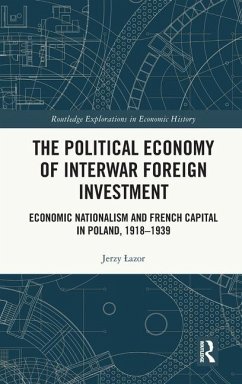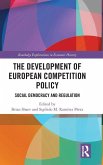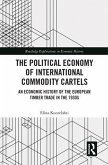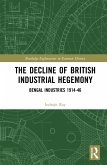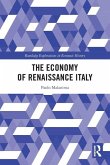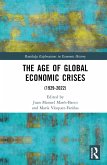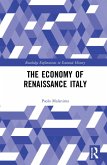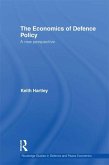France was interwar Poland's main ally, and the biggest source of the country's foreign investment. The two roles were closely connected: Paris used its position in Warsaw to win preferential treatment for its firms, while Polish authorities depended on France to finance their modernization policies and military spending. The relationship's asymmetric character bred conflict, and in the 1930s dissenting voices compared French actions in Poland to imperialism and colonial expansion. This book untangles the complex mix of economics, policy, and politics in Franco-Polish relations. Based on government and company-level sources, it evaluates the part played by French capital in Poland and discovers the mechanisms ruling French FDI and public loans. Exploring case studies of specific sectors and themes, it asks questions about the modernizing potential of FDI, interwar economic imperialism, the workings of asymmetric investment, and the interactions between investments and politics. Understanding the unequal footing of Warsaw and Paris, it goes beyond imperialistic interpretations, and examines the leeway available to the weaker partner of the relationship. The book contributes to economic history of Central and Eastern Europe, and, more generally, to our understanding of the position of peripheral countries in the interwar global system.
Bitte wählen Sie Ihr Anliegen aus.
Rechnungen
Retourenschein anfordern
Bestellstatus
Storno

